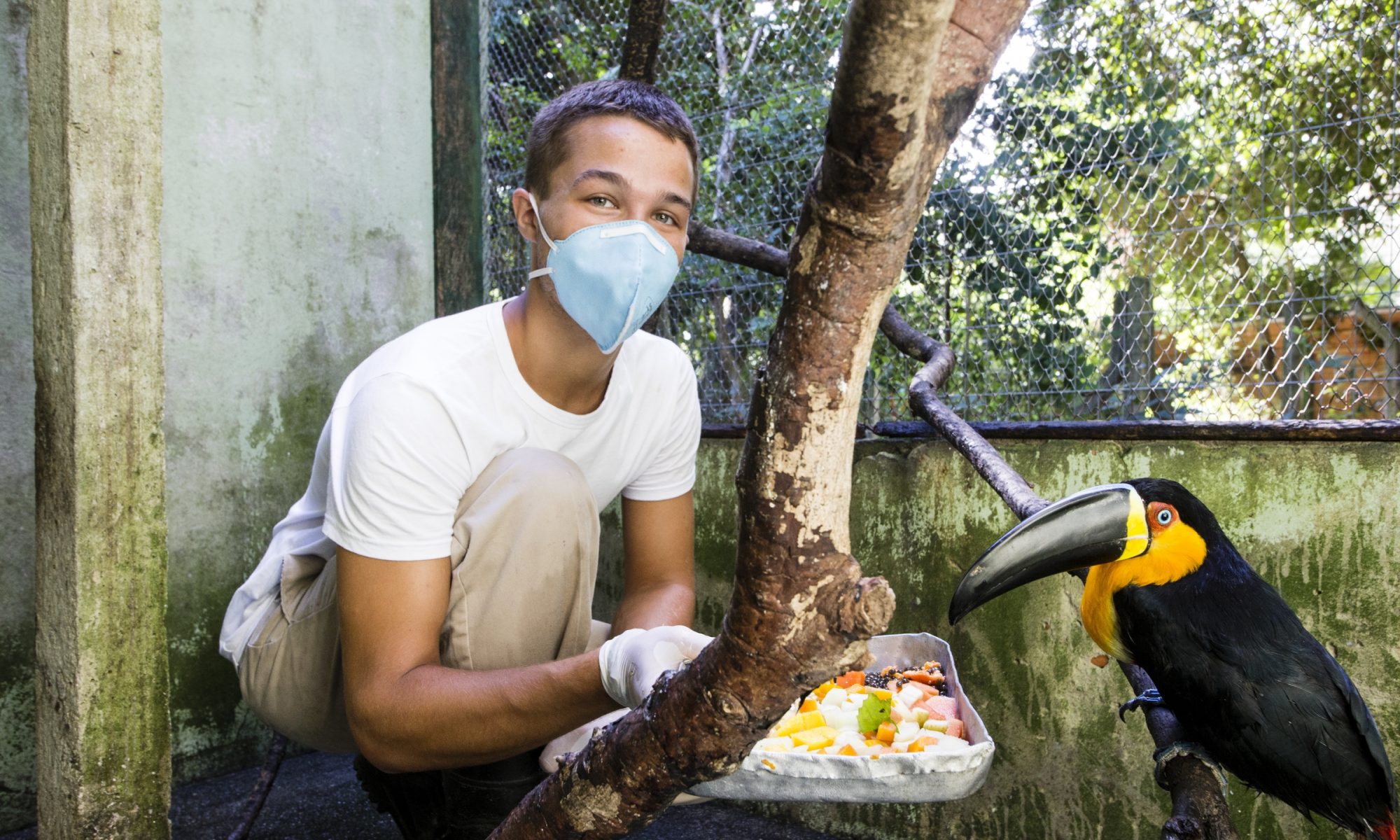by Janessa

The view out to the sea leaves me feeling like I’m in some sort of purgatory. A sky full of clouds that has created a thick blanket over the heavens, leaving a sort of grayness to the distance. Birds that fly but never come close enough for me to stare into their eyes with wonder and try to see my thoughts in their own. A picture so dull yet vast you can’t help but be entranced.
Last Friday, the cohort bid farewell to our host families, to Urubamba, and to our home for the majority of this program.
When I first started the host family experience, I questioned my ability to make it through the last part of the semester. Being welcomed into the home of a group of strangers yanked me from the comfort of the group house Rocafuerte and into a place of learning, and more often than not, panic. Over the couple of weeks with my host family, a variety of moods fell over me:
Discomfort as I struggled to understand Spanish and respond using my limited vocabulary.
Panic as I broke the key to my host family’s door, then proceeded to be locked inside a couple of days later.
Loneliness as I longed for the familiarity of an environment where I could express myself with my native tongue, even more so for the comforts of my relatives back in the US.
Among these moods of low pleasantness, I also had the pleasure of accepting the warmth that comes with immersing oneself in a new culture:
Bliss as I tasted delicious new dishes with my family at the dinner table.
Energization as I danced with my host brother, sister, and mother in the living room to Shakira.
Joy as I allowed myself to savor the dynamic of a five-person family (plus crazy dog) and be roped into conversations about everything from family to pop culture.
I didn’t think I would get emotional as I gave my host mother the last hug goodbye in Plaza de Armas (not before she gave me a mandarina, concerned over my eating habits… even as we parted ways).
Throughout our week of goodbyes in Urubamba, promises were made to stay in touch and return. In the back of my mind, I know the chances of returning to the Sacred Valley are indefinite. Even if I did, I often wonder, “Would these people remember me and our times together?” Even if they wouldn’t, I can look back on this era with gratitude. The Sacred Valley took a piece of my heart and filled it with memories that I hope will stay with me years down the line.
If you had told me a year ago that I would spend a semester abroad in Peru, I would look at you with a raised eyebrow and snort in denial.
On this coast, the cohort and I are now in some sort of in-between. All ready to go back to our homes, yet saddened to leave behind the routines we’ve created, even more so the people that fill our days with laughter, excitement, and love.
I think the location is appropriate for this stage of the program (reflecting in the humid rainforest of Puerto Maldonado would not have ended well).
As I look out the terrace onto the sea, I can not see anything but miles of water ahead. I don’t know what the future holds for me, but I can rely on the space and decorations of each moment. The crispness of the ocean air. The sun kissing my skin. And most importantly, a space with people I can rely on. As I venture further and the clouds part, I can continue to realize my strength and the beauty of humanity.











